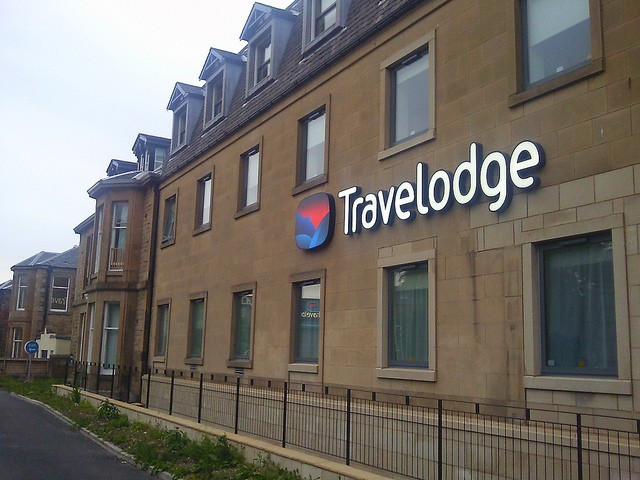Travelodge survives decade of buyouts and asset sales for revamped £1bn happy ending

The owners of Travelodge are looking at a £1bn sale or possible flotation of the hotel chain just three years after the company stared into the abyss of administration.
It's a happy ending to a story quite uncharacteristic of the typical buyout merry-go-round on which Travelodge has been spun since 2002, when it was acquired by private equity firm Permira.
Goldman Sachs and the hedge funds GoldenTree Asset Management and Avenue Capital, which are now selling the group, took control of it from previous owners Dubai International Capital as part of debt-for-equity swap; they were the groups' creditors and it had amassed a £500m debt pile.
The debt meant the chain could not afford to renovate despite still pulling in revenues. What is also notable here is the necessity out of which a renovation programme has flourished, in contrast to the kind of rapacious asset stripping certain private equity firms became notorious for in the period before the financial crash.
Back in 2012 when Travelodge teetered on the verge of administration, the current owners/creditors got the group's insolvency practitioners to agree to a Company Voluntary Arrangement (CVA). This enabled Tavelodge to carry out the tricky process of freeing itself from a clutch of poorly performing hotels tied in with expensive lease agreements made during the pre-2008 property peak.
This was the crux of the problem. Travelodge was structured over time by its original owners Granada and the Compass Group as a joint property estate: Little Chefs were located on the doorstep of many Travelodges, to provide Olympian breakfasts to residents starved of any alternative.
It was this property estate that successive private equity owners, starting with Permira, have systematically unravelled over time, trying to offload the unwanted bits in order to flip the more desirable bits.
Permira bought Travelodge and Little Chef combined in 2002 for £712m ($1,111m, €1,022). The buyout group decided to take the Little Chef exit in 2005, selling it for £52m while keeping the freehold of almost half the restaurant chain's property portfolio with Travelodge, which rented them back to Little Chef.
Polished up
The private equity group then raised £400m through the sale and leaseback of 136 of Travelodge's properties. It later sold Travelodge to DIC for £675m.
Getting current, the CVA of 2012 allowed the owners to revamp the chain, with the help of Travelodge chief executive Peter Gowers, who was drafted in from InterContinental Hotels in November 2013.
A £100m renovation scheme since 2013 has polished up some 92% of rooms with a chic redesign programme.
It has paid off: Travelodge reported an 18% rise in half-year revues to £261m today (Monday 20 July). It has opened five new hotels in the first half and plans to open another 45 over next two years.
Interestingly, the group said it has seen a 40% increase in business customers from big companies like Vodafone and Lloyds banking Group.
One possible cloud on the group's horizon could be higher costs relating to an increase in the living wage, announced by George Osborne in his summer budget 2015, but this something visited equivocally across the hotels, hospitality and leisure sectors.
© Copyright IBTimes 2025. All rights reserved.






















